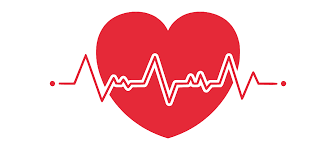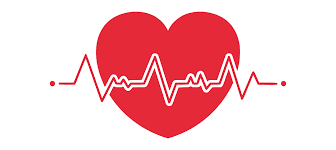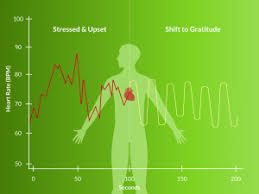What Causes Low HRV? The Complete Guide to Heart Rate Variability Reduction
Understanding HRV and Why It Matters
Heart Rate Variability (HRV) measures the slight variations in time between your heartbeats, controlled by your autonomic nervous system. While many focus on raising HRV, understanding what causes low HRV is equally important for optimizing health, performance, and recovery.
The 12 Primary Causes of Low HRV
1. Chronic Stress and Anxiety
Persistent psychological stress activates your sympathetic nervous system (fight-or-flight response), suppressing parasympathetic activity and lowering HRV. Work stress, financial worries, and relationship problems can all contribute to chronically low HRV levels.
2. Poor Sleep Quality and Sleep Deprivation
Sleep is when your body recovers and your parasympathetic system dominates. Poor sleep quality, insomnia, or sleep disorders like apnea significantly reduce HRV. Research shows even one night of poor sleep can decrease HRV by 15-30%.
3. Overtraining and Physical Exhaustion
While moderate exercise improves HRV, excessive training without adequate recovery leads to physiological stress that lowers HRV. Professional athletes often experience HRV drops of 20-40% during intense training periods.
4. Acute and Chronic Illness
Infections, inflammatory conditions, and autoimmune disorders create systemic stress that reduces HRV. Studies show COVID-19 can decrease HRV by 25-50% during active infection and recovery periods.
5. Poor Nutrition and Hydration
Processed foods, sugar spikes, alcohol, and dehydration all contribute to lower HRV. A 2023 study found that just one high-sugar meal could reduce HRV by 12-18% for several hours.
6. Sedentary Lifestyle
Lack of physical activity weakens autonomic nervous system function. Office workers who sit for 8+ hours daily typically show 15-25% lower HRV than their active counterparts.
7. Environmental Toxins
Exposure to air pollution, heavy metals, and pesticides creates oxidative stress that lowers HRV. Urban residents often show 10-15% lower HRV than those in cleaner environments.
8. Certain Medications
Beta-blockers, antidepressants, and antihistamines can decrease HRV by 20-35%. Always consult your doctor before making medication changes.
9. Aging Process
HRV naturally declines about 3-5% per decade after age 30 due to reduced autonomic flexibility, though lifestyle can significantly slow this decline.
10. Dehydration
Even mild dehydration (1-2% body weight) can reduce HRV by 8-12%. Proper hydration is one of the fastest ways to support healthy HRV levels.
11. Excessive Alcohol Consumption
Alcohol is a nervous system depressant that can lower HRV by 15-30% for 24-48 hours after consumption, with regular drinkers showing chronically reduced levels.
12. Mental Health Conditions
Depression and anxiety disorders are associated with 20-40% lower HRV compared to healthy controls, highlighting the mind-body connection.
How to Improve Low HRV: Evidence-Based Solutions
1. Stress Management Techniques
Daily meditation can increase HRV by 15-25% within 8 weeks. Breathing exercises (4-6 breaths per minute) provide immediate HRV boosts of 10-20%.
2. Sleep Optimization
Improving sleep quality can increase HRV by 20-35% in 4-6 weeks. Maintain consistent sleep/wake times and create a dark, cool sleeping environment.
3. Balanced Exercise Program
Combine 150 minutes of moderate exercise weekly with proper recovery. Overtraining reduces HRV, while balanced training improves it by 15-30% over 3 months.
4. Anti-Inflammatory Nutrition
An omega-3 rich diet can increase HRV by 12-18% in 8 weeks. Reduce processed foods and sugar while increasing colorful vegetables and healthy fats.
5. Hydration Strategy
Aim for 30-35ml of water per kg of body weight daily. Proper hydration can improve HRV by 8-15% within days.
6. Nature Exposure
Spending 2+ hours weekly in green spaces can increase HRV by 10-15% by reducing stress and inflammation.
When to Seek Medical Advice
If your HRV remains low despite lifestyle changes, consult a healthcare provider to rule out underlying conditions like heart disease, diabetes, or thyroid disorders that may require medical treatment.
Conclusion: Taking Control of Your HRV
Understanding what causes low HRV empowers you to make targeted lifestyle changes.
By addressing these 12 factors through stress management, sleep hygiene, proper nutrition, and balanced activity, most people can significantly improve their HRV within 2-3 months.







BodyWave: Invest in Your Well-being!

